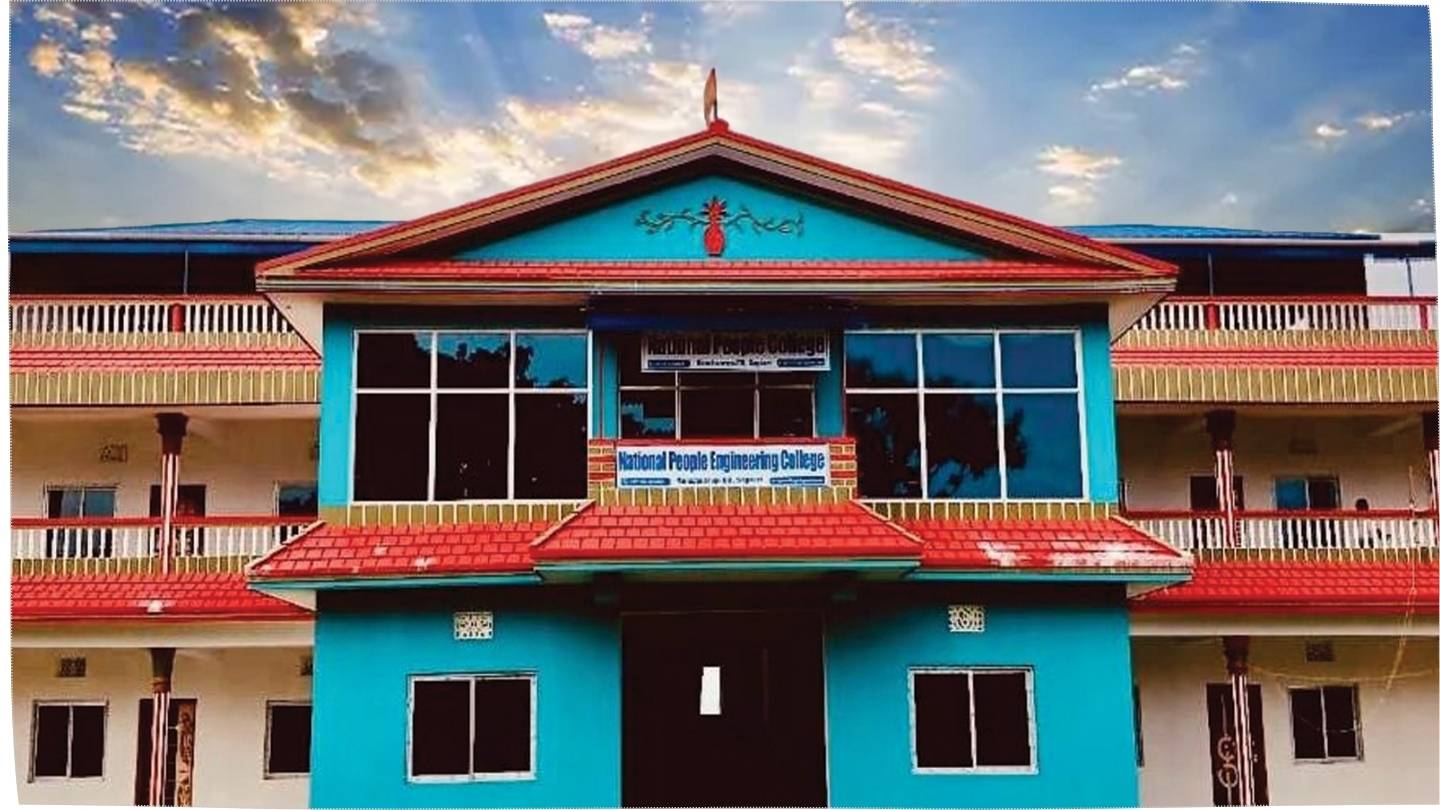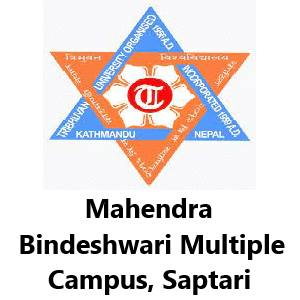Overview
BA in Political Science at National People College, Saptari
The BA in Political Science at National People College follows Tribhuvan University standards and gives students a clear understanding of government, public institutions, political ideas, and international affairs.
The course helps learners read policy documents, interpret events with basic concepts, and write concise notes suitable for academic submissions and entry-level work.
At NPC, teaching uses lectures, guided readings, and classroom discussions with current examples from Nepal and abroad, so ideas connect with real procedures and timelines.
Eligibility and Duration
-
Entry: As per TU requirements for 10+2/NEB or equivalent with the required minimum marks.
-
Duration: As prescribed by TU for the BA.
Structure and Curriculum Snapshot
Students study political thought, public administration, Nepal’s constitutional development, comparative government, international relations, and public policy basics.
Readings cover classical and modern thinkers, cabinet systems, electoral structures, and regional bodies.
Methods segments introduce document analysis, note-making, citation discipline, and clear writing.
Coursework at NPC includes weekly reading logs, short essays, position notes, and committee-style briefings in class.
Learners practice outlining issues, identifying stakeholders, and summarizing legal provisions in plain language.
A small project may involve reviewing a local policy, program notice, or budget summary to understand how directives move from documents to public offices.
Teaching and Assessment at NPC
Faculty members provide reading plans, topic glossaries, and stepwise guidance for essays. Discussions focus on procedure, roles, and accountability.
Audio-visual sessions show parliamentary debates or policy explanations from credible sources to strengthen understanding of terms and timelines.
Internal marks come from assignments, presentations, and class tests. Final results follow TU examinations.
The library maintains core TU texts and reference materials. Students can use the computer lab for document formatting, tables, and citation work. NPC also schedules talks with practitioners from local bodies or media so learners see how public information is prepared and shared.
Careers and Further Study
Graduates support work in local governance units, research assistance, civic groups, journalism support desks, and program documentation.
Many continue to master’s study in Political Science, Public Administration, Law, or International Relations. The degree builds habits useful in public-facing roles: careful reading, clear minutes, concise summaries, and respect for process.
Admission Notes
Admission follows TU rules and college notices on deadlines and document checks. Applicants should keep transcripts, identity papers, photos, and any migration letters ready for quick processing.



















